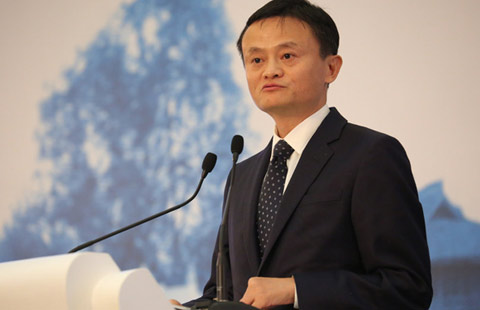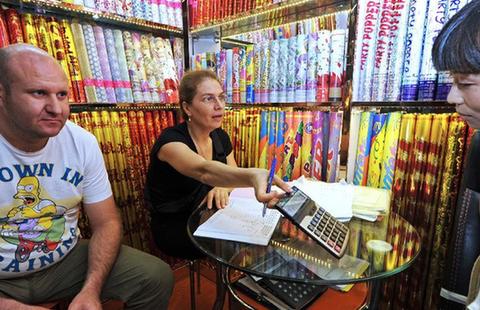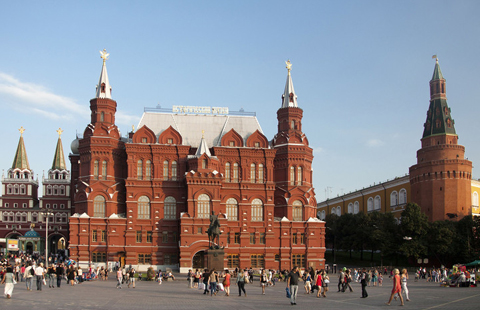China offers Switzerland $8b QFII quota
(Xinhua) Updated: 2015-01-22 09:49DAVOS - China has agreed to give Switzerland an $8 billion investment quota under its Qualified Foreign Institutional Investor (QFII) program.
The agreement is part of a memorandum of understanding signed by the central banks of the two countries here on Wednesday, which also includes a plan - pending regulators' approval - to set up the first branch of a Chinese bank in the Swiss financial hub of Zurich for future renminbi clearance.
The deal is set to materialize Beijing and Bern's pledge for closer financial ties and accelerate the establishment of a Zurich offshore renminbi market.
The signing came after visiting Chinese Premier Li Keqiang met in this ski resort with President Simonetta Sommaruga of the Swiss Confederation on the sidelines of the 2015 annual meeting of the World Economic Forum (WEF).
Li and Sommaruga witnessed the signing of several cooperation accords in the areas of food, medicine, scientific research and personnel exchanges.
The two leaders pledged closer bilateral financial cooperation and agreed to support the establishment of the offshore renminbi market in Switzerland, which analysts say marks a crucial step in the internationalization of the Chinese currency, especially in Europe.
Li attributed the new achievements of China-Switzerland relations to their mutual respect, frank treatment of each other, cooperation on an equal footing as well as mutually beneficial and win-win cooperation.
He said China stands ready to further consolidate political mutual trust and deepen practical cooperation with Switzerland so as to elevate the bilateral ties to a higher level and better benefit the two peoples.
Li urged the two countries to well implement their free trade agreement after the document took effect in July 2014, further optimize their trade structure, encourage and expand the two-way investment and deepen their cooperation in areas including high-end manufacture, energy conservation and environment protection, as well as modern agriculture.
The premier also called on the two sides to expand people-to-people exchanges and strengthen their communication and cooperation in such areas as culture, science and technology, education, tourism and personnel training.
- China vows to cut fossil fuel in painstaking energy revolution
- Vice premier urges boosting foreign trade
- US to levy punitive duties on China's photovoltaic products
- Sri Lankan new gov't says China's projects to continue
- China unveils plans to activate existing fiscal funds
- China's 2014 telecom income up 3.6%
- China offers Switzerland $8b QFII quota
- Hunting in China and abroad

















